Ibadan, the capital of Oyo State and one of most populous city in Nigeria is shrouded in mystery as most of its history was recorded in oral tradition.
It is said that the earliest group of settlers at Ibadan were fugitives from justice who were expelled from nearby villages. This small group later swelled with the arrival of immigrants from all over Yorubaland (now western Nigeria).
The victorious armies of Ife, Ijebu and Oyo kingdoms camped at Ibadan and formed the nucleus of the modern city. The economic activities of Ibadan include agriculture, commerce, handicrafts, manufacturing, and service industries.
We have 10 photos of scenes in Ibadan from years gone by, taken by Eugene V. Harris, an American photographer. Harris spent 10 years traveling the world while documenting lives in photographs.
He spent time in Nigeria, visiting Lagos, Ibadan and Kano. Here is a selection of photos he tagged “Ibadan not before 1948.”
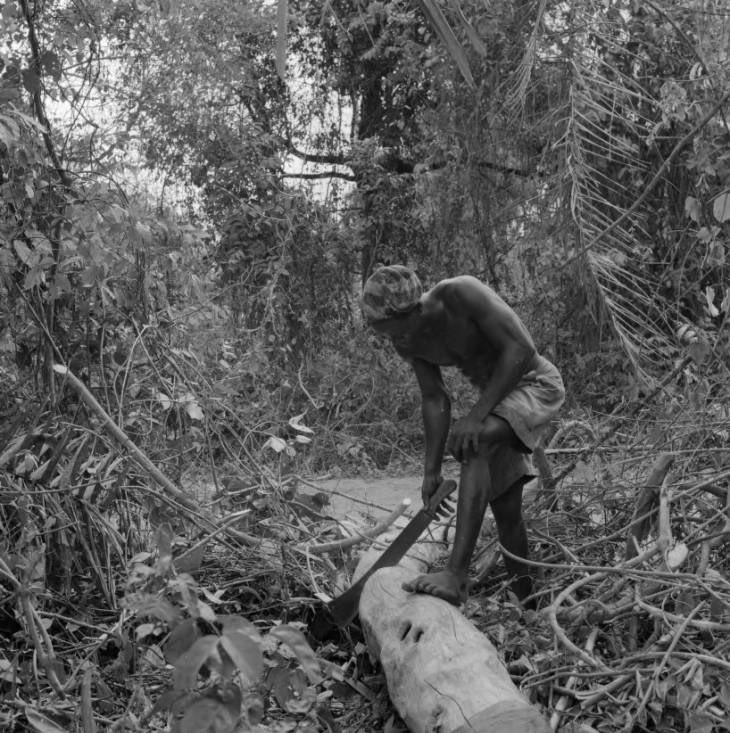
People lived in the city and worked mainly on farms in outlying villages and hunted in the forests.
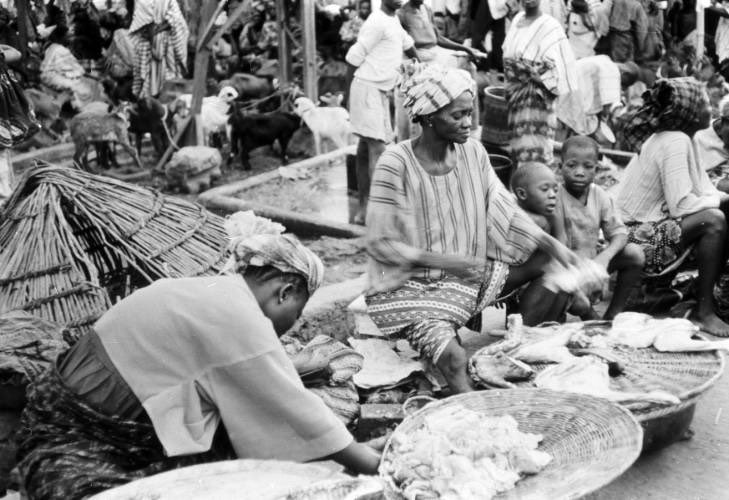
Ibadan was a large center of commerce traditionally. Petty trades as well as large commerce were common occupations.
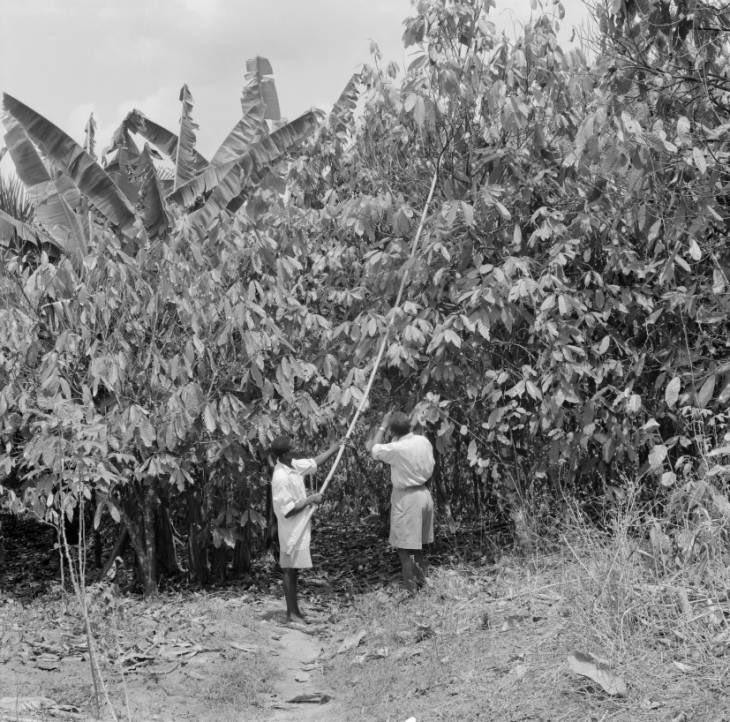
By the turn of the 19th century Ibadan had started acquiring the status of an aggregation center for the growing trade in cocoa beans.
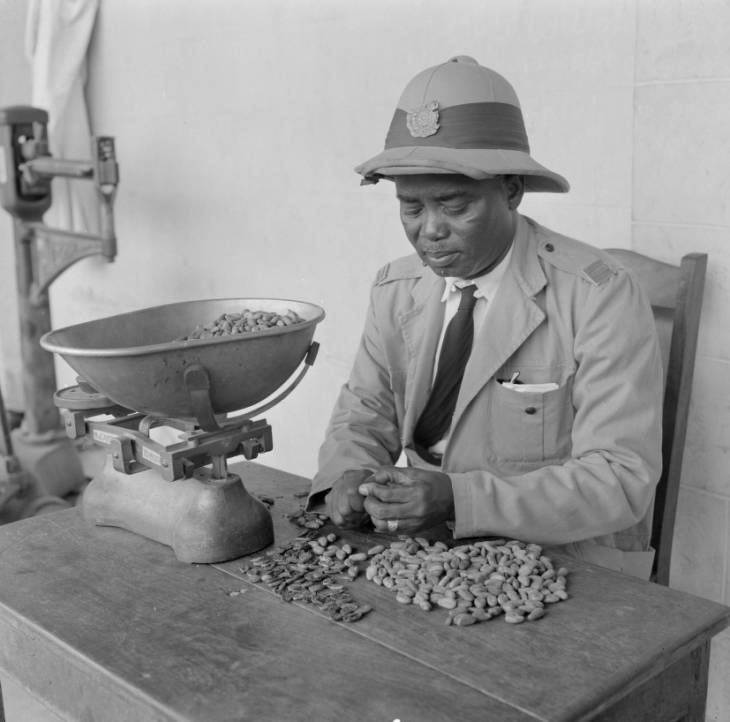
As the Cocoa beans trade grew one of the new jobs created was ‘Produce Inspector,’ a sort of quality assurance function that validated the specifications and physical quality of the cocoa beans meant for export.

Cocoa was so central to the wealth of the Western Regional Government, that it invested in the establishment of a Cocoa Research Institute.

With the wealth derived from the cocoa trade, commerce gradually changed to trade in imported items as well as new local manufactures.

The textile trade also began to grow and was dominated by Lebanese immigrants and settlers.
They were involved not only in wholesale but retail distribution, through female distributors who would then employ young ladies in apprenticeship, to carry textile to the customers.
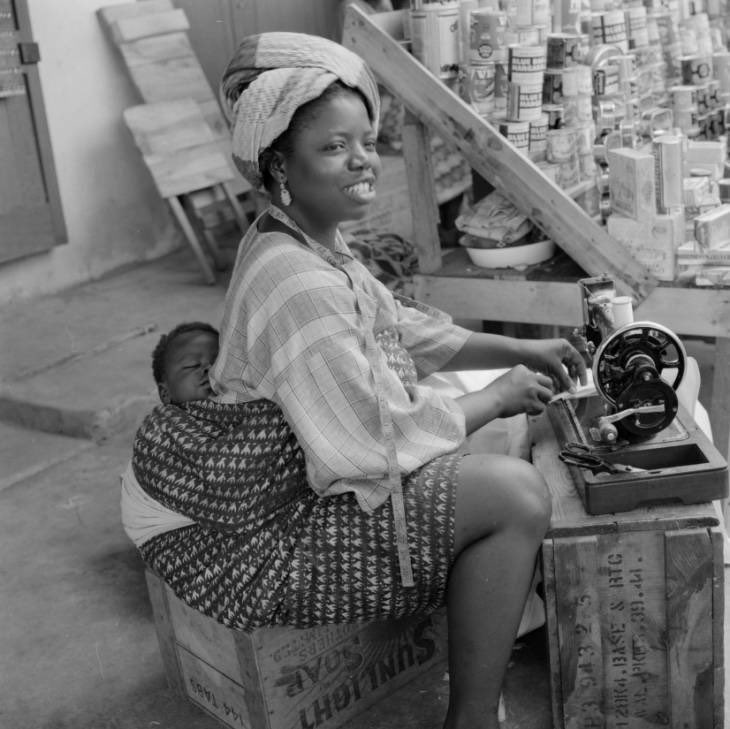
New skills came into demand and mobile sewing services became popular; to mend a tear, fix a broken button etc.
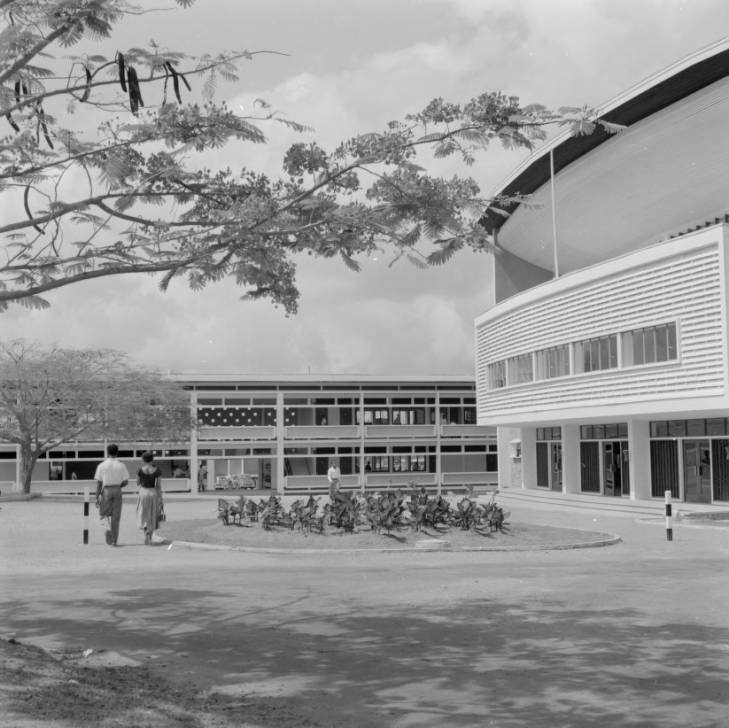
With the establishment of the Richard Constitution in 1946, Ibadan became the regional capital of Western Nigeria. This brought many opportunities. The University College of Ibadan, was established in 1948.
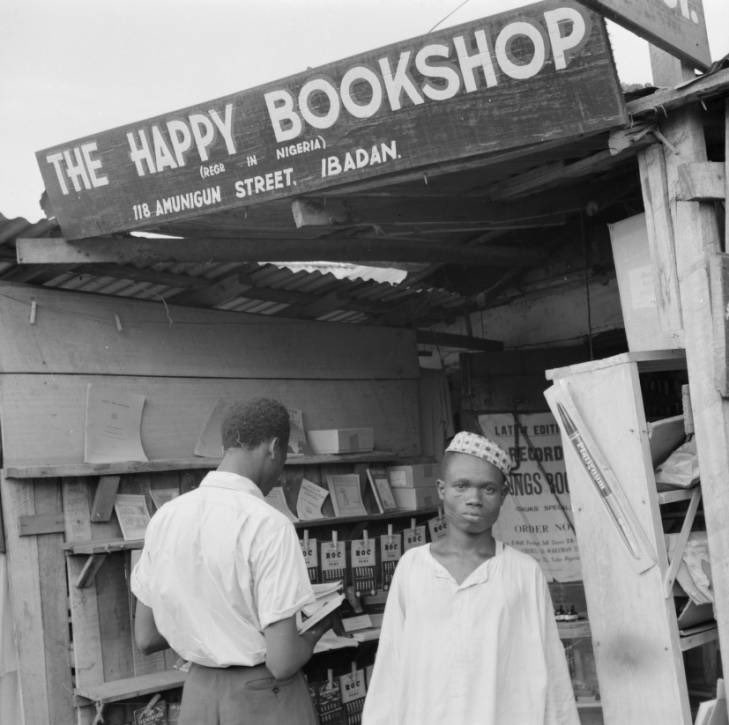
The university, combined with this focus on education made Ibadan to gradually become the center of the book trade in Nigeria.
Many small booksellers sprung up around the offices of Oxford University Press in Amunigun area. Amunigun street remains the seat of bookselling till date.




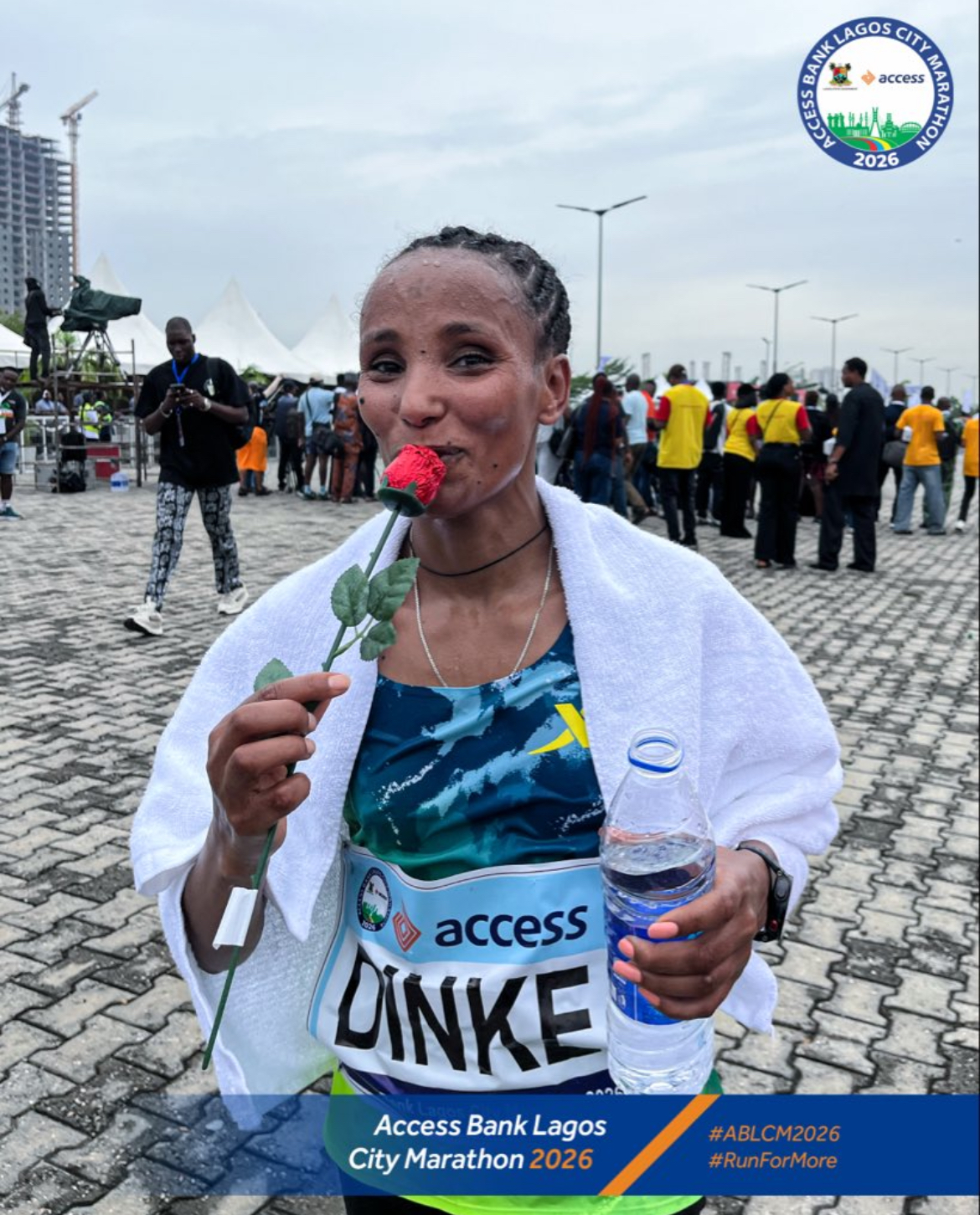
Leave a Reply